Schedule
Singapore local time (SGT) (GMT+8, CEST+6, EDT+12, PDT+15))
PIPPI Morning Sessions
08:30 - 08:40 Welcome & Introduction
08:40 - 09:20 Hybrid Keynote Ting Xu (Child Mind Institute) + Q&A
09:30 - 09:50 Coffee break & chat
09:50 - 10:45 Hybrid Oral Session, with live Q&A session
09:50 - 10:00 Continuous longitudinal fetus brain atlas construction via implicit neural representation
10:00 - 10:10 Automated Segmentation of Cervical Anatomy to Interrogate Preterm Birth
10:10 - 10:20 Automatic Segmentation of the Placenta in BOLD MRI Time Series
10:20 - 10:30 Automated multi-class fetal cardiac vessel segmentation in aortic arch anomalies using T2-weighted 3D fetal MRI
10:30 - 10:45 Q&A
10:50 - 11:30 PIPPI Circle Presentation Panel
11:30 - 11:35 Introduction to parallel poster sessions
11:35 - 12:30 Lunch break & Joint PIPPI/FeTA/Babysteps Poster Session
Joint PIPPI/FeTA/Babysteps Afternoon Sessions
12:30 - 13:15 Hybrid Keynote Gentaro Taga (University of Tokio) + Q&A
13:15 - 13:20 PIPPI close and PIPPI Best Paper Award
13:20 - 13:30 Quick break
13:30 - 14:00 Babysteps Hybrid KeyNote Gareth Ball, Murdoch Children's Research Insitute
14:00 - 14:30 Inaugural Intro to Challenges Babysteps - Russel Macleod
14:30 - 15:00 Intro to FeTA Challenges - Kelly Payette
15:00 - 15:30 Coffee break & chat
15:30 - 16:10 FeTA KeyNote - Maria Deprez, King’s College London
16:10 - 17:25 FeTA Challenge presentations and Fire Pitches with Live Q&A
17:25 - 17:40 Presentation Results FeTA
17:40 - 18:00 Closing & Networking
PIPPI 2022 Keynote Talks
Ting Xu is a research scientist in the Center for the Developing Brain at the Child Mind Institute. Her research focuses on investigating the brain connectome in human and non-human primates by developing multimodal neuroimaging techniques and computational methods to understand evolution across species, brain changes associated with normal brain development, and those caused by disorders.
Gentaro Taga is a Professor at Graduate School of Education, the University of Tokyo. He received the Ph. D. degree in pharmaceutical sciences (biophysics) from The University of Tokyo in 1994. He was a JSPS postdoctoral fellow at Yukawa Institute for Theoretical Physics, Kyoto University and Neuro-Muscular Research Center, Boston University in 1994. He joined the complex system research group as an assistant professor at Department of Pure and Applied sciences, University of Tokyo in 1995. In 2000, he established Developmental Brain Science Laboratory at Graduate School of Education.
Prof. Taga has been studying the human early development as a complex dynamical system, and has conducted research aiming at elucidating the mechanisms of brain morphogenesis, emergence of spontaneous activity, network formation, functional region differentiation, behavioral and cognitive development in a changing environment. He is known by the dynamical systems modeling study of the neuro-musculo-skeletal system for human locomotion. He is also known as a pioneer of brain imaging of infants by using fNIRS. His group has established a novel fNIRS analysis framework to reveal spontaneous activity, functional activity, functional connectivity, oxygenation and hemodynamics of the developing brain. His laboratory has also conducted behavioral studies to elucidate the developmental mechanisms for motion, perception, sleep and language.
PIPPI CIRCLE 2022 Panel Discussion
This year introducing a panel-based discussion focusing on new innovations and how these initiatives will make an impact in the clinic. We are looking to introduce a broad range of speakers on both imaging and intervention. Panel participants will include the following experts in their domains:
Associate Professor of Medicine, a Chan Zuckerberg Biohub investigator, and faculty in the Bakar Computational Health Sciences Institute, the Biological and Medical Informatics program, and the Center for Intelligent Imaging at the UCSF. She is investigating whether machine learning can be used to detect standard and novel patterns in biomedical imaging in a scalable fashion, with the goals of decreasing diagnostic error in medical imaging and uncovering new phenotypes for precision medicine research. Dr. Arnaout completed her undergraduate degree at MIT, her MD at Harvard Medical School, residency at Massachusetts General Hospital, and cardiology fellowship at UCSF.
Assistant Professor of Radiology, MGH / HMS, interested in algorithm development related to perinatal brain MRI image analysis, both for in vivo and ex vivo acquisitions. Dr. Lilla Zöllei has focused a lot on various spatial registration projects and on diffusion weighted image analysis and is a founding member of the fetal infant toddler neuroimaging group.
Dr. Chris Macgowan is a Professor of Medical Biophysics at the University of Toronto and a Senior Scientist at the Hospital for Sick Children. His research interests include the quantification of blood flow and myocardial function in children using MRI. Over the last 15 years, his research has focused on fetal cardiovascular physiology, including development of novel MRI acquisition and reconstruction approaches using highly undersampled data and iterative reconstructions with motion correction. These methods have enabled visualization of 3D fetal cardiovascular anatomy and hemodynamics, with the goal of improving our understanding of healthy fetal development and its disruption by diseases such as congenital heart disease and placental insufficiency.
Bob Lathrop is a research scientist working with the Robot-Assisted Surgery group at Katholieke University Leuven and the Fetal Medicine unit of University Hospital Leuven, Belgium. His research is focused on the design and development of specialized instruments and systems for fetal therapy, especially for fetal endoluminal tracheal occlusion (FETO) procedures to treat fetuses with congenital diaphragmatic hernia (CDH). He has developed a flexible robot-actuated fetoscope to simplify and reduce tissue damage in FETO procedures. Prior to joining KU Leuven he worked as a research engineer with Smith & Nephew, designing electrosurgical devices for minimally invasive surgeries. His ongoing work also includes the development of a tele-operated system for the control of fetoscope and ultrasound probe position, which will be used to investigate synergistic and autonomous robotic control strategies for fetal surgery.
BABYSTEPS Challenge Keynote
Dr Gareth Ball’s research sits at the interface of paediatrics, neuroscience and machine learning. His work focuses on the development of analysis methods with application to large imaging datasets to understand the impact of early adverse events, including preterm birth, on typical brain development. Dr Ball was awarded his PhD from Imperial College London in 2012 and received an MRC Special Training Fellowship in Bioinformatics to conduct postdoctoral training in the Centre for the Developing Brain, King’s College London. Dr Ball joined the Developmental Imaging group at the Murdoch Children’s Research Institute in Melbourne, Australia in 2016. As Senior Research Fellow and Team Leader at MCRI, he was recently awarded a 5-year Emerging Leader Fellowship from the Australian National Health and Medical Research Council to support his research program.
FeTA Challenge Keynote
Dr. Maria Deprez is a Senior Lecturer at King's College London. She leads research on motion correction and image analysis of fetal and neonatal MRI to enable diagnosis and biomarker extraction. Her techniques are underpinning numerous fetal research projects and fetal MRI clinical services at St Thomas’ and Evelina Children Hospital London. Dr Deprez has over 15 years of experience in advanced image analysis with focus on MRI during fetal, neonatal and early childhood periods. She completed her PhD in Medical Image Computing at Imperial College London in 2009. She worked as a postdoctoral researcher at Imperial College London, University of Oxford and King’s College London, before taking up an academic position at King’s.
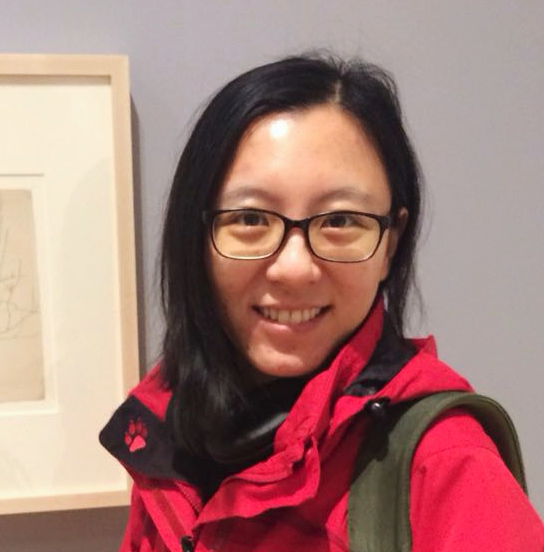 Ting Xu
Ting Xu Gentaro Taga, University of Tokyo
Gentaro Taga, University of Tokyo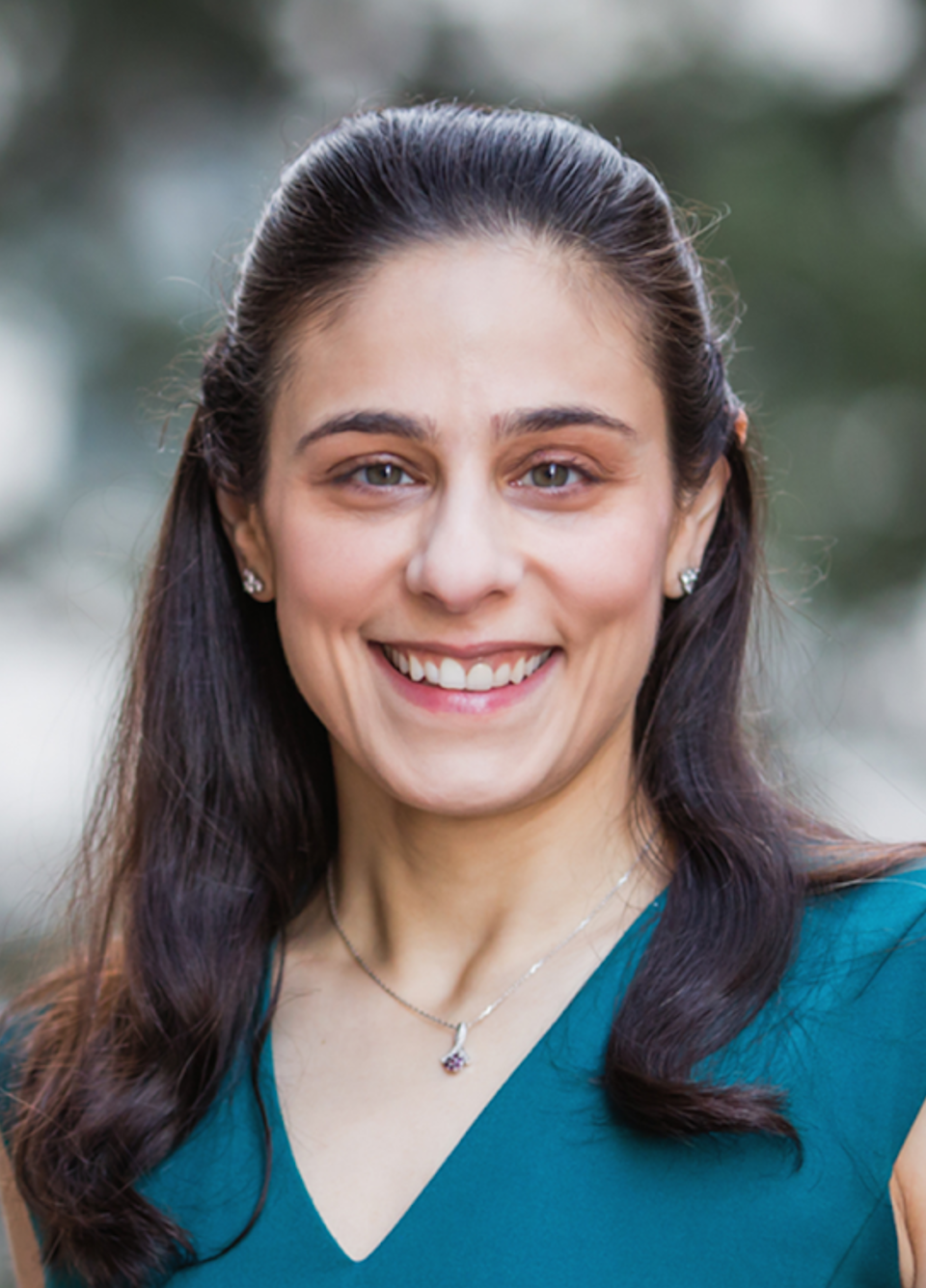 Dr. Rima Arnaout,UCSF
Dr. Rima Arnaout,UCSF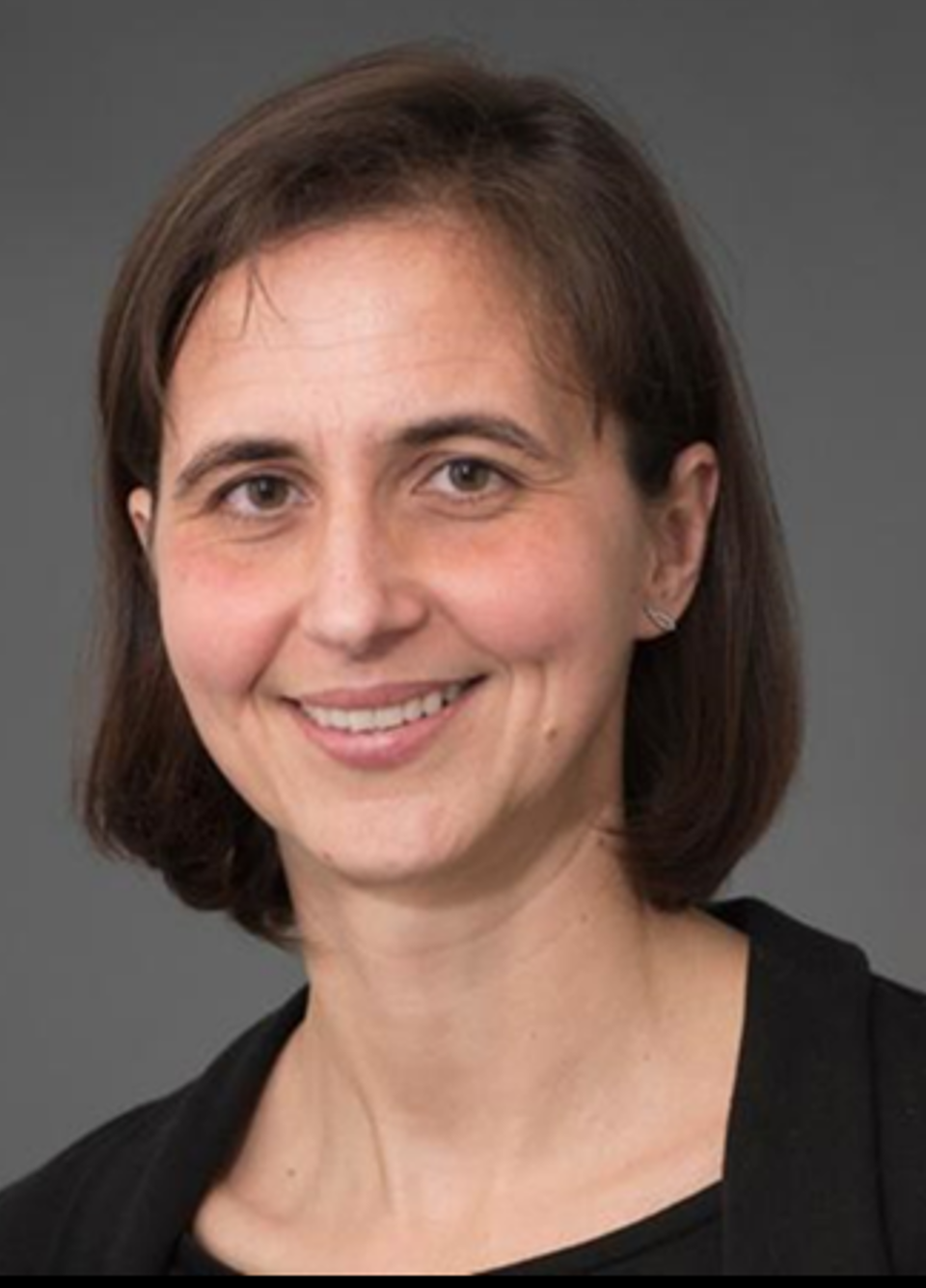 Dr. Lilla Zöllei, MGH/Harvard Medical School
Dr. Lilla Zöllei, MGH/Harvard Medical School Dr. Christopher Macgowan, University of Toronto & Hospital for Sick Children
Dr. Christopher Macgowan, University of Toronto & Hospital for Sick Children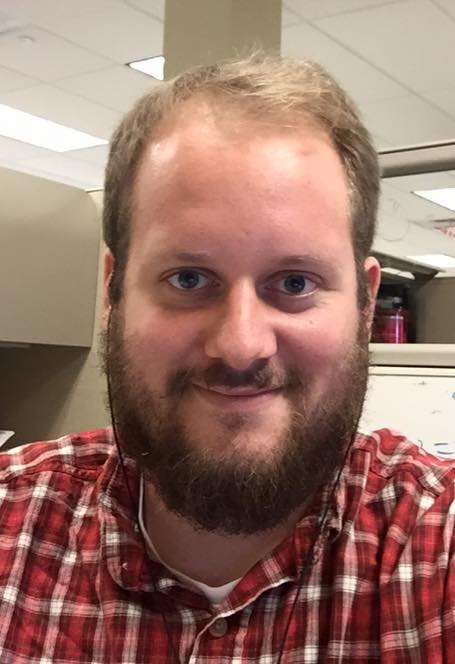 Bob Lathrop, Katholieke University Leuven and University Hospital Leuven
Bob Lathrop, Katholieke University Leuven and University Hospital Leuven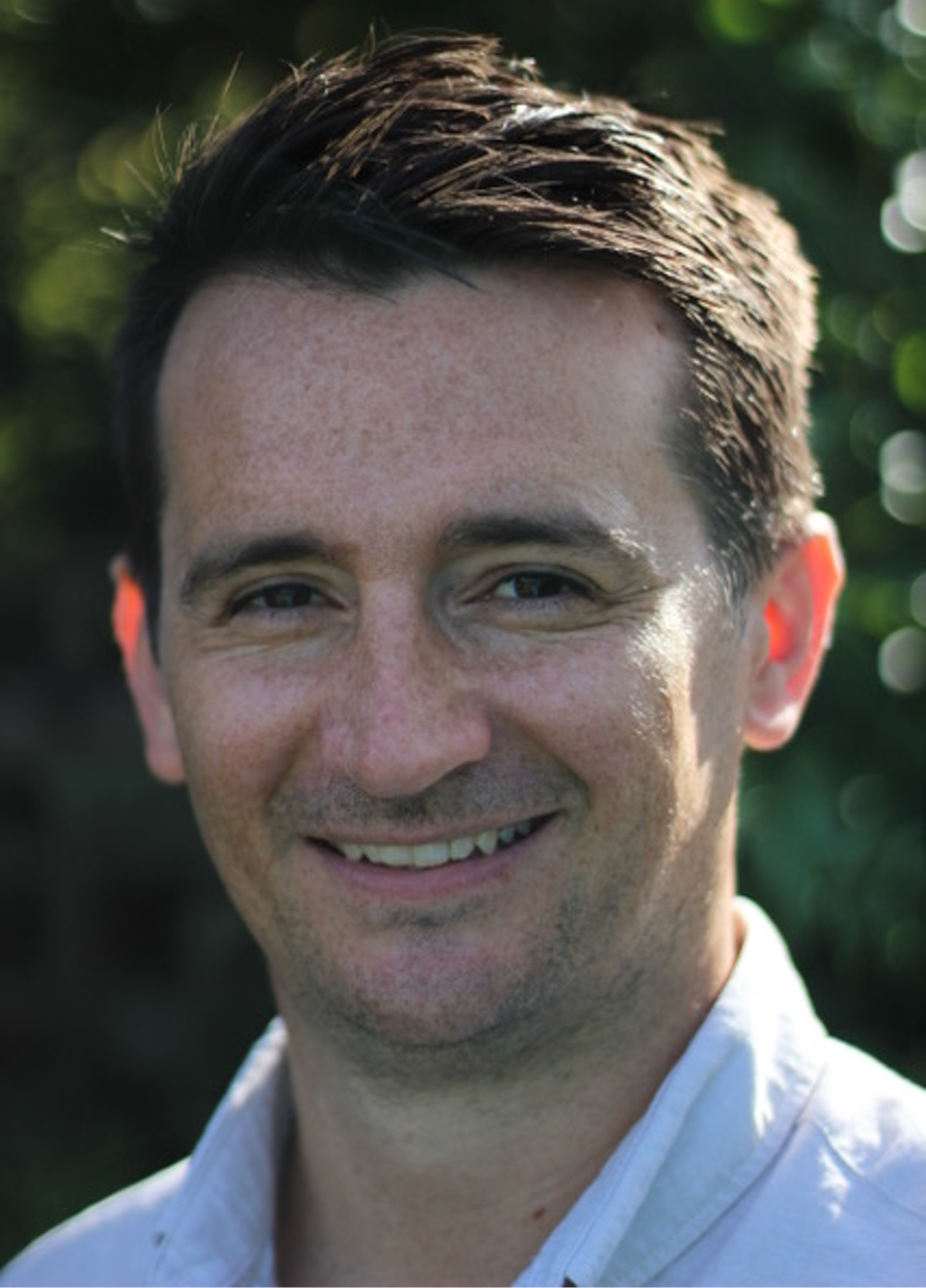 Dr. Gareth Ball, Murdoch Children’s Research Institute and University of Melbourne
Dr. Gareth Ball, Murdoch Children’s Research Institute and University of Melbourne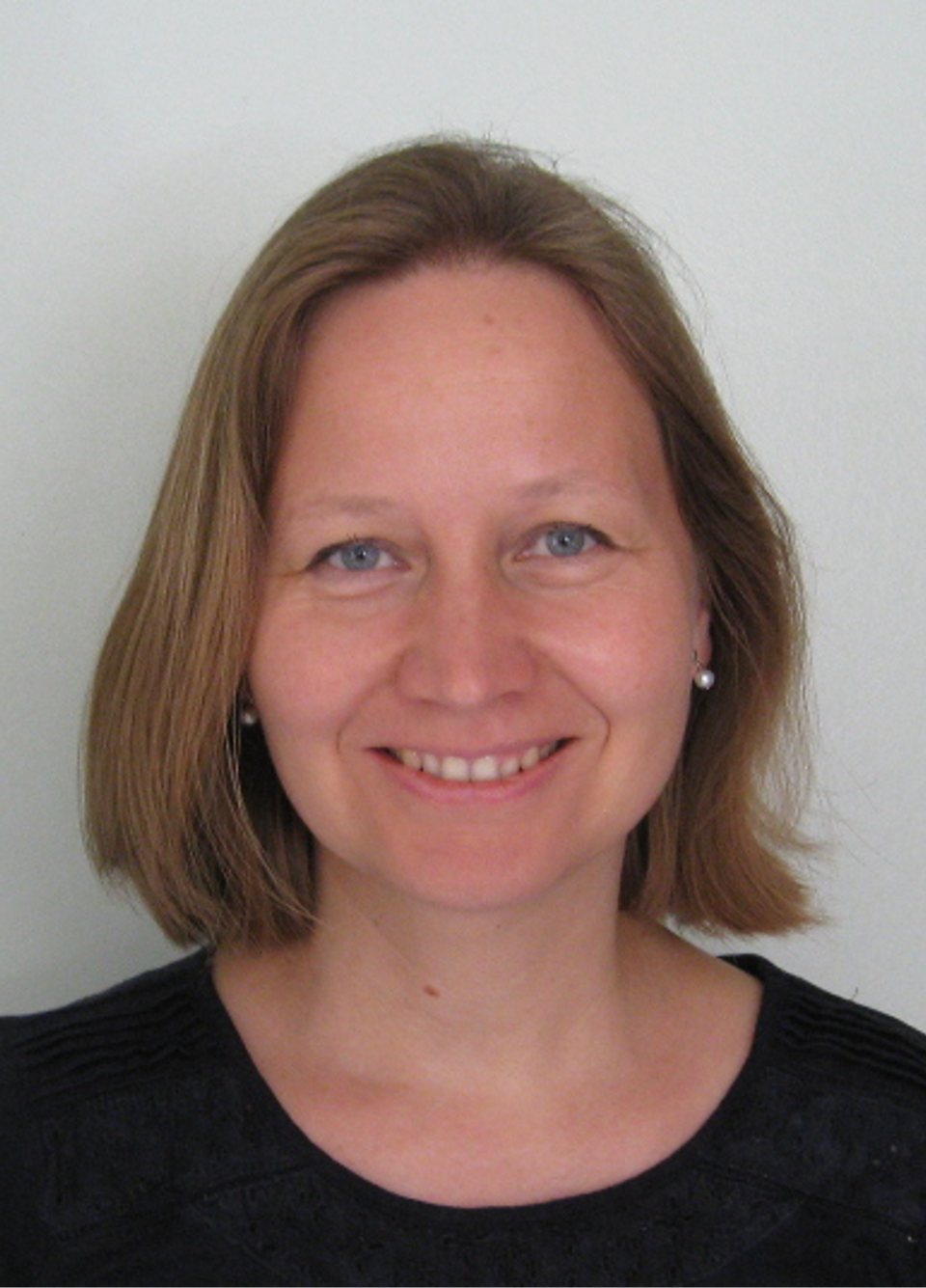 Dr. Maria Deprez, King's College London
Dr. Maria Deprez, King's College London